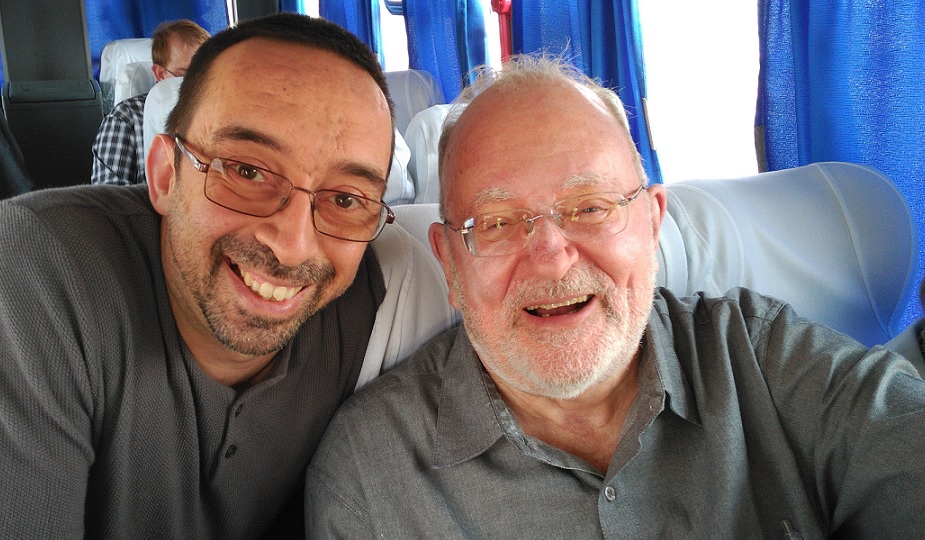ABED Congress. Post #1: Public funding, public resources. Private funding, an agreement to make
Yesterday afternoon, and in line with the opening ceremony of the 22nd International Congress of Distance Education CIAED (ABED: http://www.abed.org.br/congresso2016), organized by the Brazilian Association of Distance Education (ABED: http://www.abed.org.br), and chaired by Prof. Dr. Frederic Litto, we had a round table. It was interesting because of the active contribution from the participants, because of the instant adaptation of the speakers to the conditions (no instant translation, dealing with Portuguese, English and Spanish at the same time), and because of some issues that were tackled. One key discussion point was about open licensing. The bottom line is that resources created out of public funding should be open and free. This funding comes from tax payers for the greater good and no one could make business or restrict access to these outcomes. This means, for instance, that professors of public universities, being civil servants, develop resources and provide them to the community openly. They keep the intellectual property, but not the exploitation rights or the ownership.
One key discussion point was about open licensing. The bottom line is that resources created out of public funding should be open and free.

On the other side, when private funding is used to create resources, it depends on the author and-or owner the way to use them and to put them in the market. They can be open or free or universal or nothing at all or a combination of these. This owner has no obligation to make them available to the community as if they were supported by public funding. There is a claim from a section of the OER movement that everything should be open and free ever, no matter who is financially supporting the resource or the educational process.

With Stavros Xanthopoylos, executive member of ABED and the Open Education Consortium (OEC), and with a long-time background on OER and publishing in Brazil and Wordwide. And Ramesh Sharma, from Indira Gandhi National Open University (India)
However, a balance should be reached to guarantee the exploitation rights and the sustainability of the creations, when they might come from various sources. Public funding means public resources; but private funding means the need to find an agreement about service and access with the owner.
Daniel Burgos
Aguas de Lindoia, Sao Paulo, Brazil. September, 19th,2016
22nd International Congress of Distance Education CIAED
